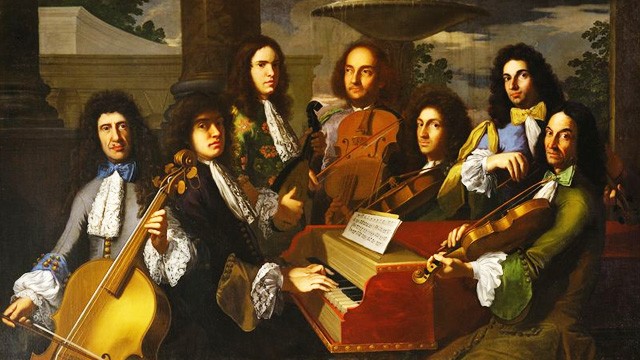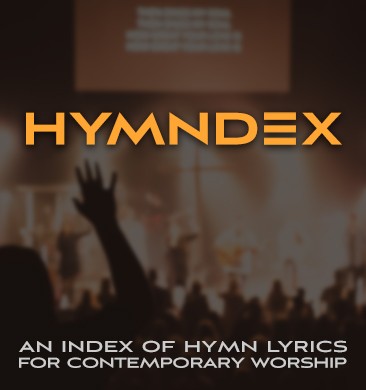The piano is one of those inventions that’s hard to think of as an invention because it’s just always been … there. When you do think about someone actually inventing it, it’s hard not to wonder: why haven’t I heard of this person before? And why isn’t his name plastered on every piano in existence?
Bartolomeo Cristofori, who celebrates his 360th birthday May 4th, is generally credited with being the sole inventor of the piano. The fact that his name is largely forgotten is a reflection of his times, when a genius could be just another employee.
The first official record of the piano appears in 1700, though Cristofori may have been working on it for a couple of years before then. Cristofori’s most recognizable piano dates later, to 1720. But more important than the date was the step forward the piano represented.
At the time, the harpsichord was the dominant keyboard instrument. The biggest problem was that it couldn’t play notes with differing degrees of softness. To play a note, a tiny device called a plectrum plucked a string, and the note played. There wasn’t an easy way to modify the sound and give it additional nuance. Though there were some hacks (and other instruments) that tried to fix the problem, they never worked well enough.
The piano was clearly indebted to the harpsichord — in early records, Cristofori called the piano an Arpicembalo, which means “harp-harpsichord,” and he frequently worked on and invented other harpsichord-like devices. But the piano took one big step beyond that instrument by using a hammer instead of plucking a string. That allowed for a better modulation of volume thanks to its hammers and dampers, which could more artfully manipulate sound than the plucking motion of the harpsichord.
The earliest surviving piano, from 1721, is still around, and it’s clear it was a transitional instrument: there are hints of the harpsichord in its sound. As the Metropolitan Museum of Art notes, it had a narrower range, thinner strings, and harder hammers than modern pianos, which are part of the reason it sounds a bit like a harpsichord.





